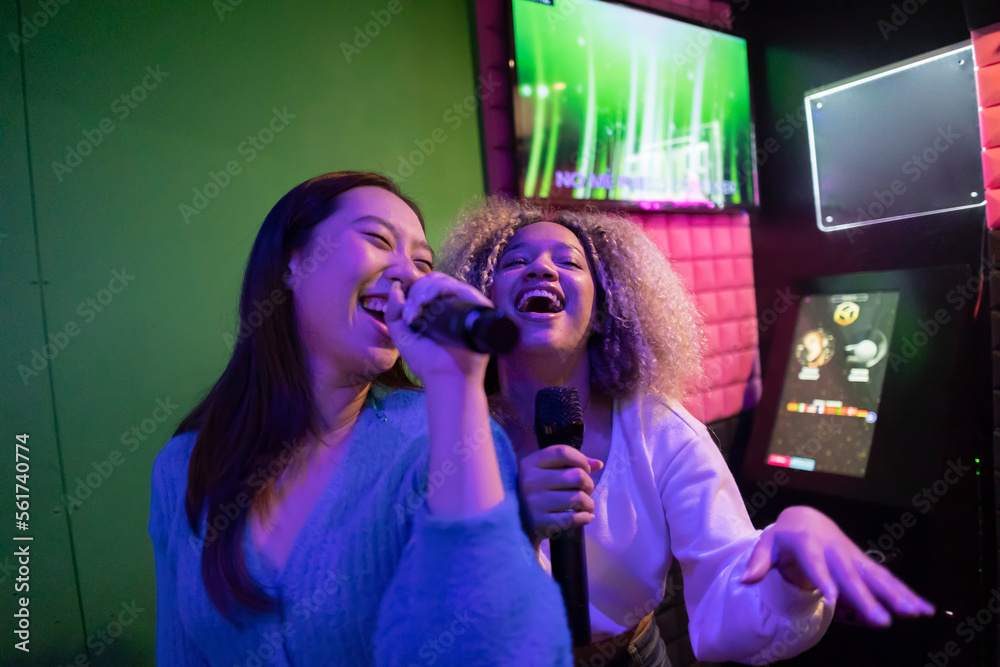A music copyright lawsuit in the U.S. District Court for the Southern District of New York, involving a New York City-based karaoke and karaoke bars, concluded with a victory for the plaintiff, Elohim EPF USA.
Elohim USA announced that on February 8, a dispute over copyright fees for seven popular K-pop songs by SISTAR—’So Cool’, ‘Push Push’, ‘Sal Man Jji Go’, ‘Ni Kka Jit Ge’, ‘Ga Sik Gol’, ‘Bae A Pa’, and ‘Hot Boy’, all owned by songwriter Dong Cheol Kang, also known as ‘Brave Brother’—was resolved last December.
The dispute centered on the validity of the plaintiff’s publishing contract and the legality of playing the songs at these venues.
Last July, the plaintiffs sued over 60 venues that had been refusing to settle since 2014.
Excluding settlements in the New Jersey area, the lawsuit proceeded against only 11 New York venues.
The defendants claimed they were licensed to use the music through their purchase of TJ Media karaoke machines, but the court rejected the argument.
Since last July, three summary trials culminated in a December ruling, awarding the plaintiffs $110,000 in royalties from the defendants. Judge P. Kevin Castel ruled, “After considering claims from both sides, the court finds the defendants liable for damages.”
Additionally, the plaintiffs are awarded $500,000 in attorneys’ fees and a monthly fee for the use of karaoke machines.
The court acknowledged the venues’ public setting, emphasizing karaoke’s performative aspect, as the singing is audible and exposed when rooms open for food purchases, unlike in a hotel room.
The court noted that while some defendants paid monthly royalties to TJ Media, ASCAP, and BMI, they failed to pay the plaintiff.
The court found that the rights to the songs were assigned to Elohim Korea through a contract with Brave Brother in the early and late 2010s and subsequently to the plaintiffs via a publishing agreement.
The plaintiffs allege that 17,000 such songs are subject to copyright issues similar to the case. The plaintiffs said that since 2014, the company has charged a monthly royalty fee of $50 per karaoke machine in past warnings and that it offered some reductions to those who settled then.
“We are going to warn other companies through a public notice this month,” said Nam Hyun Yoo, head of the Northeast region, “This means that if they don’t pay the royalties, they will have no choice but to take legal action.”
BY MINHYE KANG, HOONSIK WOO [kang.minhye@koreadailyny.com]





